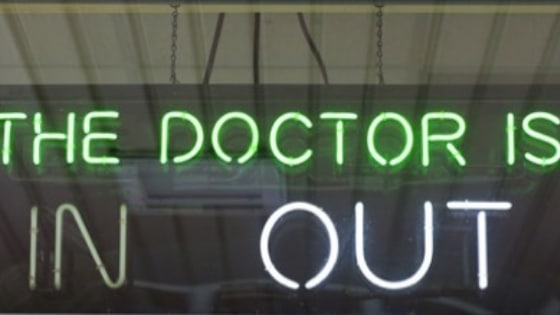(INCIDENTAL MEDICAL SERVICES)
Many of you have heard by now, and many of you have suffered the consequences of not having IMS Certification for your residential treatment/detoxification facility. What was first presented as an optional “add-on” to existing licensed facilities has now become a necessity.
Please take a moment to read this, tell me what you think, and any suggestions or experience you have with this obstacle. Into Action Consulting, Inc. can help your facility achieve Incidental Medical Services Certification! Take a look at the services we offer and give us a call!
On January 1, 2016, Chapter 744, Assembly Bill (AB) 848 authorized alcoholism or drug abuse recovery or treatment facilities licensed by DHCS to provide IMS. AB 848 amends Health and Safety Code (HSC) Division 10.5 Chapter 7.5 Sections 11834.03 and 11834.36 and adds Sections 11834.025 and 11834.026 to allow licensed residential facilities the option to apply for approval from DHCS to provide IMS in their facilities. AB 848 allows DHCS to implement the provisions contained in the bill via a provider bulletin until the adoption of regulations.
Optum Practice Management
Recently, Optum has been denying payment to licensed residential treatment and detoxification facilities that are not certified to provide IMS. It is my understanding that their reasons for denying legitimate claims by providers that are licensed by the state of California to provide this level of
care,
have changed as the backlash and confusion unfolds. Here is a copy of a letter recently sent to a provider. Notice how they conveniently translate, “under the active participation and direction of a Physician.” Into, “which requires the Physician to be onsite.”

Since the DHCS prohibits physicians from coming on-site without IMS certification (which is in, and of itself, hard to understand) Optum has cornered you as a provider. The DHCS won’t let you have a physician visit residents at your facility, and Optum won’t pay you unless they do.
Years ago, it was routine to have a physician come to a residential facility to visit, assess, and screen residents, it was akin to a doctor’s house call. Since, by California state law, (HEALTH AND SAFETY CODE SECTION 11834.20-11834.25) states that a drug and alcohol residential treatment facility serving six or fewer residents is to be considered a “single family residence”, why then was the decision made to disallow physicians from being on-site? The reason given in a vague and ambiguous manner was that this model was not a “medical facility”. This decision diminished care provided to our residents and placed an undue burden on providers that were then forced to drive residents back and forth to doctor appointments, when obviously many of these resident didn’t feel well, especially in the first week of treatment.
When the DHCS released the revised standards and regulations on May 1st, 2017, here are the changes made that have apparently are the impetus for this problem.
11020 Levels of Detoxification Services, specifically this section
- Medically-managed residential detoxification (Incidental Medical Services)
Medically-managed residential detoxification services are appropriate for clients whose level of physiological dependence upon alcohol and/or other drugs requires prescribed medication for the management of withdrawal, but whose withdrawal signs and symptoms do not require the full resources of a medically-monitored inpatient detoxification facility. Residential programs must have the Department issued incidental medical services approval prior to providing services. Medications for the management of withdrawal shall only be provided under the direction of a licensed physician or other person authorized to prescribe drugs, pursuant to Section 4036, Chapter 9, Division 2 of the Business and Professions Code. No client shall be given medication unless a physician or his/her licensed medical staff has personally examined the client.

Oh No! So, there’s that. The bold and underlined text was not in the previous version. Initially, Optum interpreted this to mean that a facility must have IMS to even provide medically-managed residential detoxification. After that was cleared up somehow, Optum came through a different door to continue to deny payment, as stated in the letter above.
I personally wrote a letter to the Department of Health Care Services pointing this out, and they agreed with me that it is misleading and wrong. Unfortunately, it will take a very long time to release a revision.
The bottom line; You have to get IMS Certification and to ensure you can collect for services from Optum. And, I suspect, that other insurance providers will follow suit.
Into Action Consulting, Inc. can get you there faster and with fewer deficiencies than anyone else. We have a 100% success rate in all licensing, certification, and accreditation services. Do not hesitate to call us for a free consultation!



0 Comments